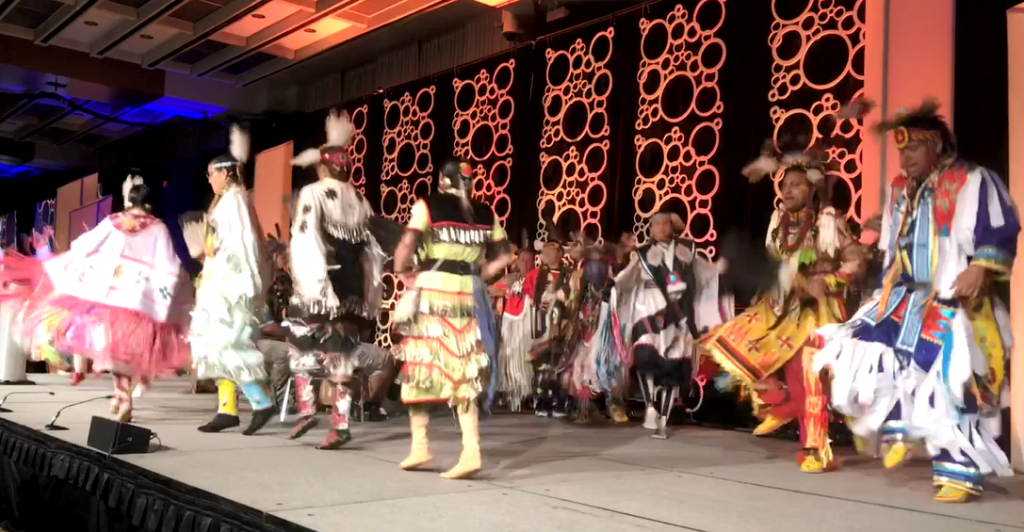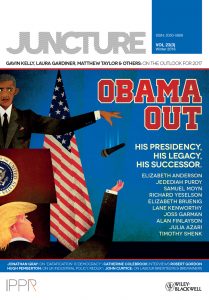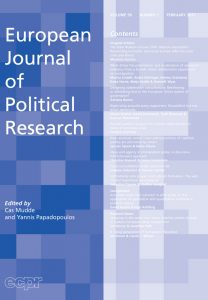Highlights from the ISA World Congress of Sociology, Toronto, 15-21 July 2018
 The XIX International Sociological Association World Congress of Sociology is taking place this week, 15-21 July 2018. The Conference theme is Power, Violence and Justice, a topic that could not be more relevant for the global landscape in 2018. With over 5,000 delegates attending from across the globe, the congress opened with a vibrant and rousing performance by the Red Urban Project, Wasauking First Nation dancers and musicians.
The XIX International Sociological Association World Congress of Sociology is taking place this week, 15-21 July 2018. The Conference theme is Power, Violence and Justice, a topic that could not be more relevant for the global landscape in 2018. With over 5,000 delegates attending from across the globe, the congress opened with a vibrant and rousing performance by the Red Urban Project, Wasauking First Nation dancers and musicians.
Professor Myrna Dawson, President-Elect of the Canadian Sociological Association began the addresses by acknowledging that the land on which we gather is the traditional territory of the Haudenosaunee, and most recently, the territory of the Mississaugas of the New Credit First Nation, and in that spirit President of the International Sociological Association, Professor Margaret Abraham welcomed the audience to Turtle Island ‘in the spirit of peace, friendship and respect’.

Red Urban Project, Wasauking First Nation dancers and musicians opening the XIX ISA World Congress 2018
The opening addresses pulled no punches in calling out the centers of power and injustice taking place in the world today, and for sociologists to commit to engaging with the public to challenge the policies used to engender inequality, conflict, harm and suffering. Professor Patrizia Albanase, Chair of the Canadian Local Organizing Committee called on sociologists to use their “role and duty as sociologists to act and do rigorous research and to mobilize people and knowledge for social justice and for change”.
ISA President Margaret Abraham, followed with a direct call for action:
“At this critical time, we sociologists must share our research, reflect, and respond to issues, provide clear frameworks for analysis, counter distortions, and substantiate our perspectives on key concepts in terms that are accessible and straightforward. […] We must make an impact and challenge conventional impulses around how things have been done because it is now time for change. For some of us this will mean climbing down from the tower of academia, and modifying our channels of communicating, clarifying our findings and insights into a manner that can be heard. […] We have an intellectual, moral and social responsibility to generate and share knowledge and engage in collective action to build a better and more just world.”
During the conference we have been asking delegates the following questions, in the official conference languages, English, French, and Spanish:
- Why does Sociology matter?
- How to Sociologists contribute to our understanding of power, violence and justice?
- How do you hope your research will make a difference to society?

Here are some of the answers from the delegates:
1. Why does sociology matter?
“because it is the backdrop of all social behaviors.”
“because we all have different views – as ‘socios’- of what matters”
“it helps people and contributes to our understanding of why things happen, why we have what we have and what could be done about that.”
“it talks about human existence and how they believe in their environment and how the environment affects their behavior, either positively or negatively. And the conclusion from their disposition.”
“every reaction (to stimuli) warrants an understanding of said reaction. The need for hypothetical reasoning is crucial to narrowing the focus of unexplained phenomena for epistemic purposes.”
“There is value and urgency in studying how people and institutions function. Our world is on fire, it helps to learn why.”
“it opens our eyes to various world views and perspectives about issues and social problems. Sociology helps us to understand social problems and how the interaction of people effects the adequate functioning of society.”
“La sociología es importante porque necesitamos tratar de entender nuestro mundo y comprenderlo para proponer como cambiarlo (Sociology is important because you need to try to understand our world and understand how to propose to change it)”
2. How do sociologists contribute to our understanding of power, violence and justice?
“If you’re doing sociology and it isn’t making you feel uncomfortable, you’re not doing it right”
“By sociological studies of social facts, sociologists deconstruct common ideas which produce violence and power relationships”
“Contributing to create a world in which values knowledge, culture and empathy between people”
“Sociologists are drs of society who know the best medicine for the violence, crime, and the cure of these burning issues” Dr Sumanth, India
“Rigorous research to contribute in activating change”
“We have to understand the world from other views”
“Because we need to understand how Trump and other similar figures gained popularity and power”

3. How do you hope your research will make a difference to society?
“I hope that my research can be the basis for good decisions in reducing and managing disasters” James Kendra, University of Delaware, USA
“I hope to reflect light on spatial transformation in rural India to make awareness of their impact on regional sustainability” Tanya Chandra
“By integrating the arts and culture sectors into research methods, policy making, and community development” Ellie Byrne, Cardiff University, UK
“I hope that with a better understanding of society we can push for changes” Giauco Araujo, Universidade de Passo Fundo, Brazil
“Informing effective social policy”
“I hope that women will have more space in the Brazilian education system”
“By shedding light into the lives of marginalized women and girls”
“Helping people change their lives in ways they want to”
“I hope it will make people more aware of social control and power”
“I truly hope that sociologists will be able to get more impact in order to fight social discrimination, violence and inequalities”

Thanks to everyone who has joined the conversation and tweeted your own answers to @SociologyLens! Our Twitter Poll asking Why do you think #sociologymatters most? is now closed with 158 responses, as follows:
- Shows how issues arise – 45%
- Informs policy decisions – 18%
- Oppose social injustice – 37%
Coming up….Watch this space for new interviews with:
David Lyon on his book The Culture of Surveillance: Watching as a Way of Life (Polity, May 2018)
Kevin McDonald on his forthcoming book Radicalization (Polity, publishing September 2018)
Raewyn Connell, on gender, race, masculinities, and Southern theory
Jeffrey C Alexander, on cultural sociology and social theory







